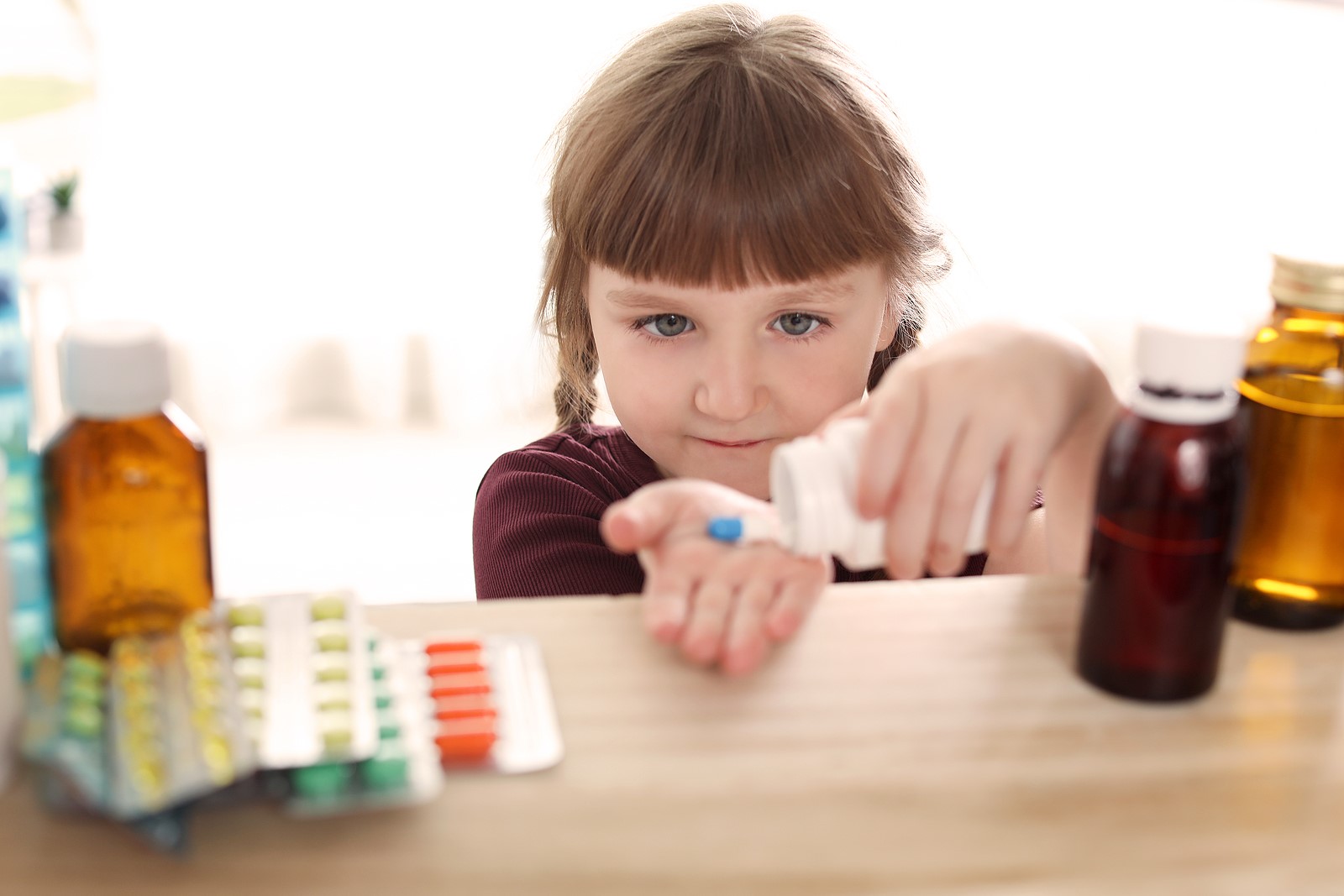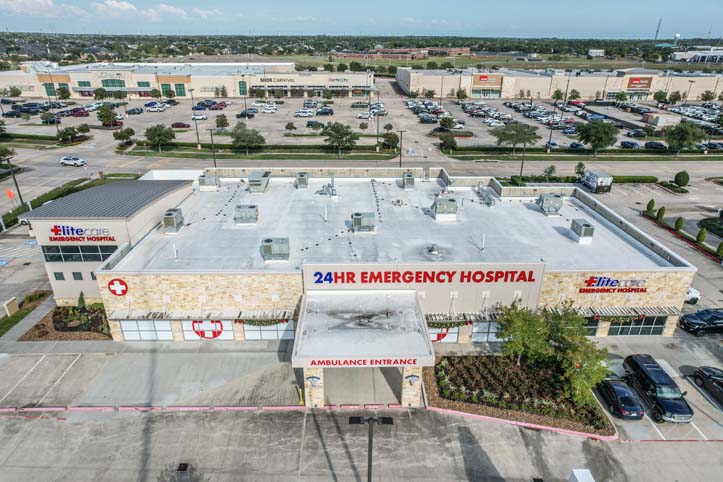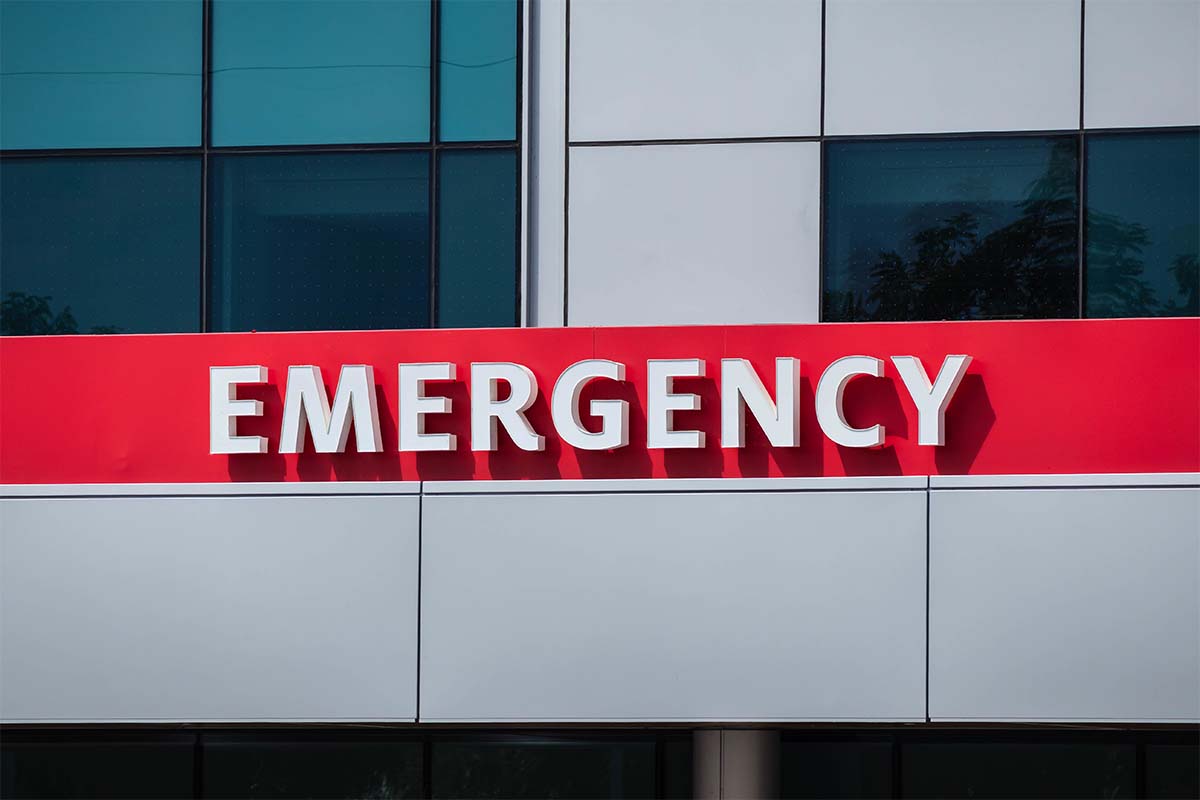
It’s every parent’s worst nightmare—their child accidentally overdoses on prescription medications. It is a scary reality that accidental overdose in children happens all too often with prescription medications. Even when taken as prescribed, these medications can be deadly in high doses. Prescription medications are responsible for more overdose deaths than all illicit drugs combined. This is a sobering statistic, and it’s one that we need to address as a society.
How to Detect a Medication Overdose in Children?
If you’re not sure if your youngster took too much medication, look for indicators of overdose. They can differ depending on your child’s age and weight, as well as the type and dosage of the medication taken. Vomiting, nausea, or diarrhea, drooling or dry mouth, convulsions, dilated pupils, loss of coordination and slurred speech, sweating, extreme fatigue, yellow skin or eyes, flu-like symptoms, unusual bleeding or bruising, abdominal pain, numbness, and rapid heartbeat are some of the symptoms to watch for. (Kuzma, 2021)
95 percent of medication-related poisoning visits to emergency rooms among young children are due to a child eating medication while alone, and around 5% are attributable to caregiver dosing errors. Today, medication poisoning is the most common cause of child poisoning. Every year in USA, almost 500,000 children under the age of five are exposed to the risk of drug poisoning. Every year, around 60,000 children are treated in emergency rooms as a result of unsupervised ingestions. (Superuser, 2012)
Protecting Children Against Overdose
Families take medications and supplements in order to feel and remain healthy. Any medicine, including those purchased without a prescription, can be harmful if used incorrectly or by the wrong person. Children can be kept secure by practicing safe medicine storage at home and on the go.
- Keep medicines out of the reach and sight of youngsters: Children are inquisitive and put everything in their mouths. Even if you turn your back for less than a minute, they can get themselves into dangerous situations. Choose a storage location in your home that is out of reach and out of sight of children. Take a walk around your house to choose the safest location for your medications and supplements.
- Always remember to put your medicine away: This includes all of the medications and vitamins you take on a daily basis. Even if you have to administer it again in a few hours, never leave medicine out on a kitchen counter or at the bedside of a sick child.
- Teach them about medicine safety: Teach your children what medicine is and why they should only be given it by you or a trusted adult. Even if they don’t like taking the medicine, never tell them it’s candy to persuade them to take it.
- Be prepared in the case of an emergency: Even if you’re not sure, call the local poison control center at 800.222.1222 at once if you think your child has gotten into a prescription or vitamin supplement. The Poison Help number should be programmed into your home and cell phones so that you have it when you need it.
(CDC, 2020)
Keeping your children safe from accidental overdose is very important. Along with safe storage, the safe disposal of medicines is essential. Prescription drugs and over-the-counter medications that will not be required can be disposed of at select pharmacies like Walgreens who has a take back process. (Walgreens)
Prescription medication overdose his is a serious issue that needs to be addressed. We need to be more careful with our prescription medications and make sure that our children are safe. Overdose deaths in children are a preventable tragedy, and we need to do everything we can to keep our kids safe. Raising awareness about this health hazard by informing friends and family will ensure children in your home are safe. In the case of a potential overdose, contact a doctor immediately and seek emergency help.
Works Cited
Kuzma, Cindy. “Know the Warning Signs of Medication Overdose in Kids.” Healthgrades, Healthgrades, 16 Oct. 2021, www.healthgrades.com/right-care/childrens-health/know-the-warning-signs-of-medication-overdose-in-kids.
Superuser. “Medications: The Leading Cause of Accidental Poisoning Deaths In.” Absentee Shawnee Tribal Health System, 20 Mar. 2012, www.asthealth.org/medications-leading-cause-accidental-poisoning-deaths-children.
“Put your medicines up and away and out of sight. Centers for Disease Control and Prevention, Centers for Disease Control and Prevention, 10 June 2020, www.cdc.gov/patientsafety/features/medication-storage.html.
“Safe Medication Disposal – Dispose of Unused Medication.” Walgreens, www.walgreens.com/topic/pharmacy/safe-medication-disposal.jsp.
















